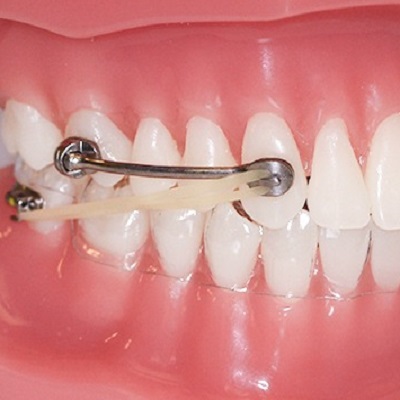Bruxism, the habitual grinding or clenching of teeth, affects many people, often leading to significant dental issues. Dental Appliances in Dubai, where dental health and aesthetics are prioritized, experts frequently use dental appliances to manage bruxism effectively. This article explores how these appliances work and their benefits, based on insights from Dubai's top dental professionals.
Understanding Bruxism:
Bruxism is characterized by the involuntary grinding or clenching of teeth, usually occurring during sleep. It can lead to various problems, including:
Tooth Damage: Excessive grinding can wear down tooth enamel, leading to sensitivity and increased risk of cavities.
Jaw Pain: Clenching puts stress on the jaw muscles and temporomandibular joint (TMJ), causing pain and discomfort.
Headaches: The tension from bruxism can contribute to frequent headaches.
Gum Recession: The constant grinding can cause gum tissues to recede, exposing the tooth roots.
Types of Dental Appliances for Bruxism:
Occlusal Splints:
Occlusal splints, also known as night guards, are among the most common dental appliances used to manage bruxism. These devices are custom-made to fit over the teeth and prevent direct contact between the upper and lower teeth. By creating a cushioning effect, occlusal splints help to:
Reduce Tooth Wear: The splint acts as a buffer, preventing excessive wear on the teeth.
Relieve Jaw Pressure: By distributing the forces of grinding more evenly, the splint alleviates pressure on the jaw muscles and TMJ.
Minimize Damage: It helps to prevent damage to dental work, such as fillings and crowns.
Mouth Guards:
Similar to occlusal splints, mouth guards are designed to protect the teeth from the effects of bruxism. They are usually less bulky than splints and can be particularly useful for individuals who grind their teeth during sports or other high-risk activities. Key benefits include:
Protection During Physical Activity: Mouth guards shield teeth from damage during impact sports.
Custom Fit: Like occlusal splints, they are custom-made for comfort and effectiveness.
TMJ Splints:
TMJ splints are specialized appliances designed to alleviate symptoms related to the temporomandibular joint. They help to:
Reduce TMJ Discomfort: By stabilizing the jaw and reducing stress on the joint, TMJ splints can alleviate pain and clicking associated with bruxism.
Improve Jaw Function: They help in realigning the jaw, leading to better overall function and comfort.
Benefits of Dental Appliances for Bruxism:
Protection of Teeth:
One of the primary benefits of using dental appliances is the protection they offer against tooth damage. Bruxism can lead to significant wear and tear, but appliances provide a protective barrier that can prevent such damage.
Reduction in Jaw Pain:
By redistributing the forces of grinding and clenching, dental appliances can significantly reduce the strain on the jaw muscles and TMJ. This leads to decreased jaw pain and improved comfort.
Improved Sleep Quality:
Bruxism can disrupt sleep, leading to fatigue and other health issues. Dental appliances help to minimize grinding and clenching, which can improve overall sleep quality.
Prevention of Further Dental Issues:
Preventing the damage caused by bruxism can also prevent the development of additional dental problems, such as increased susceptibility to cavities and gum disease.
Conclusion:
Dental appliances play a crucial role in managing bruxism, offering protection, comfort, and relief from the symptoms associated with this condition. In Dubai, where dental care is advanced and personalized, experts recommend these appliances as a fundamental part of a comprehensive bruxism treatment plan. By consulting with a dental professional and choosing the right appliance, individuals can effectively manage bruxism and maintain optimal oral health.





Comments